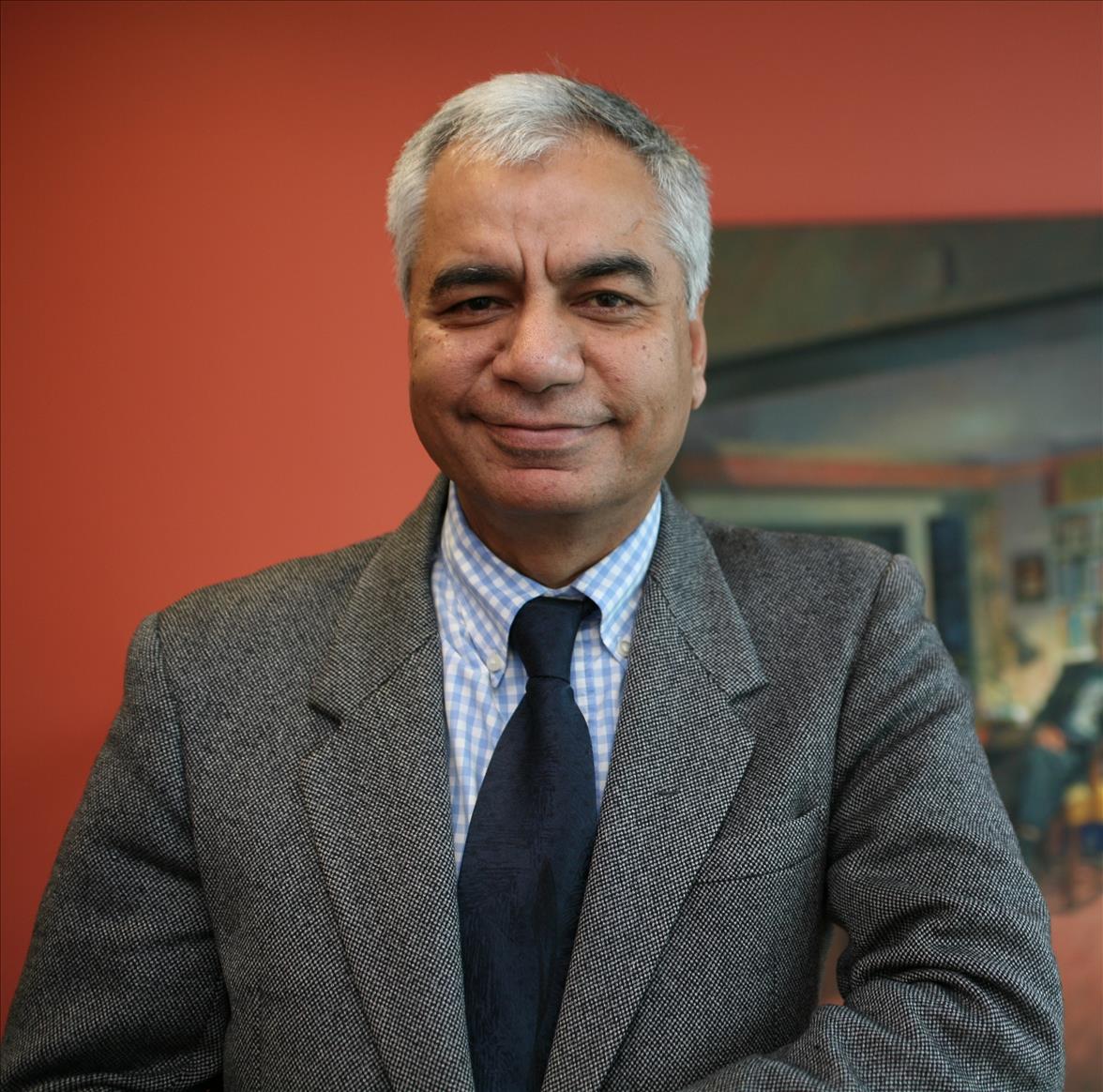 Gurbinder Kaur (not her real name) is 74 years old. Her family has noticed that she has become more forgetful and does not remember the dishes she had cooked.
Gurbinder Kaur (not her real name) is 74 years old. Her family has noticed that she has become more forgetful and does not remember the dishes she had cooked.
She was suffering from dementia, a form of neurocognitive disorder.
As we grow old, we become slightly forgetful but dementia is different.
It starts with memory problems but affects other parts of the brain.
It is likely that recent memory is lost but past events that occurred several decades would be vivid. People may also experience difficulties in coping with day-to-day affairs, communicating and may experience changes in personality, mood swings, poor concentration, inability to find words and poor judgement.
These symptoms deteriorate over time. As we live longer, likelihood of developing dementia increases. While only about 5% of people aged 65 years will develop dementia, the rate would rise to 20% among people aged 85 years.
Symptoms of dementia are sometimes confused with those of depression.
Excessive alcohol can also contribute to memory decline. The occurrence of diabetes and hypertension are high among South Asians and hence are prone to developing dementia.
Alzheimer’s trauma
Different types of dementia affect people with varying symptoms. Those suffering from Alzheimer’s disease, the decline would be steady, while those afflicted by Vascular Dementias (caused by small strokes due to high blood pressure) may suffer periods of plateaus without deterioration but would be susceptible to a ‘step-wise decline.’
Alzheimer’s disease is the most common type of dementia affecting memory, with dying cells affecting neurotransmitters in the brain. Those suffering from this disease may find it difficult to learn and retain new information.
Those affected may forget names of people, friends, families or places and may find it difficult to explain their needs, burst into tear or anger in frustration. In some cases, the disease will make the patient to get suspicious and see or hear those that are not happening, and their personality.
Cerebrovascular Dementia
In cerebrovascular dementia, the underlying cause is a result of arterial disease in parts of the brain, which may die due to a lack of oxygen supply and minor strokes.
In such cases, history of high blood pressure, high cholesterol, diabetes or heart disease may be present. The deterioration of mental state is sudden with intervening periods of stability followed by further deterioration.
The symptoms will depend upon which part of the brain is affected. There are other rare types of dementia such as frontotemporal dementia and Lewy body dementia. In these conditions, hallucinations and personality changes may be more prominent.
Many chronic physical illnesses such as kidney diseases, liver and thyroid problems, chest and urinary infections can lead to dementia.
Prevention is better than cure in the case of dementias. There are drugs that can delay the onset of dementia.
The first step is to get specialist assessment and have investigations including blood tests done. Most psychiatric services will have memory clinics where expert assessment and management can be accessed.
The treatment depends on diagnosis and circumstances. Small daily dose of aspirin may prevent strokes in cases of vascular dementia.
Proper diet, physical exercise, activity and appropriate drugs if needed can help control high cholesterol, high blood pressure and diabetes. Regular exercise, giving up smoking and controlling alcohol intake will also help.
The biggest challenge for carers and families of people with dementia is to help them prepare for the future.
Dr Dinesh Bhugra is Professor of Mental Health and Cultural Diversity at the Institute of Psychiatry, King’s College London and Honorary Consultant at the Maudsley Hospital, where he runs a sexual and couple therapy clinic. He was earlier President of the Royal College of Psychiatrists and Chair of the Mental Health Foundation. He is a Trustee of Care-if. He will take charge as President of the World Psychiatric Association in September 2014. In early 2012, Queen Elizabeth II honoured him with appointment as a Commander of the Order of the British Empire (CBE).
Chart Courtesy: Lesley’s Coffee Shop






